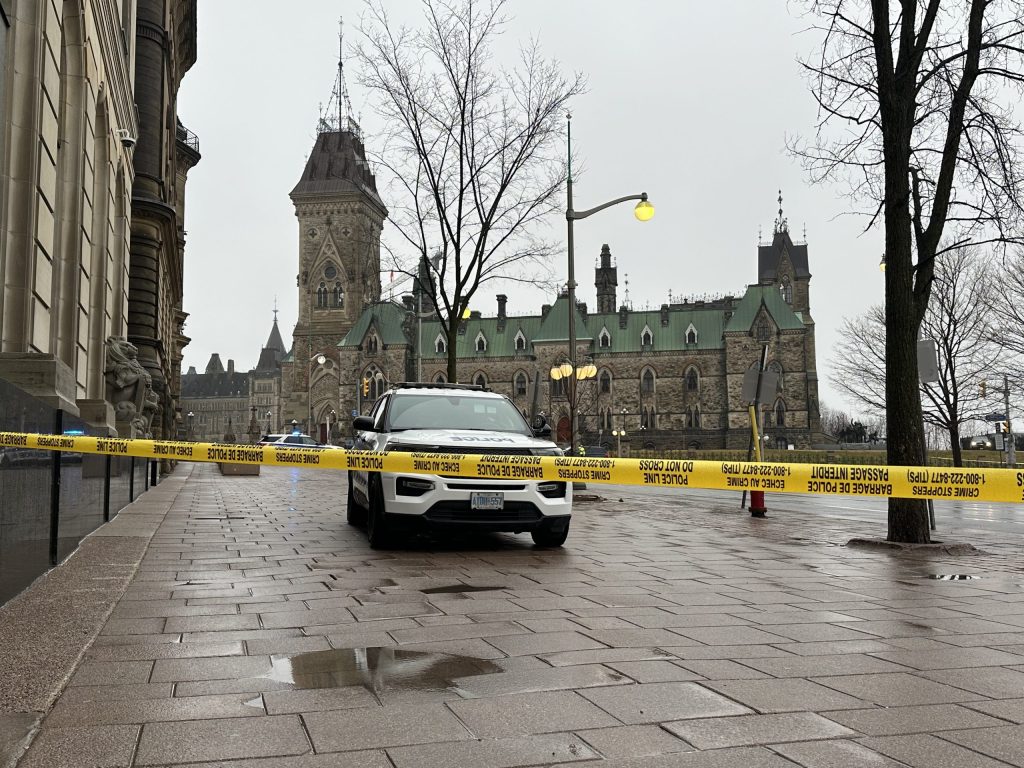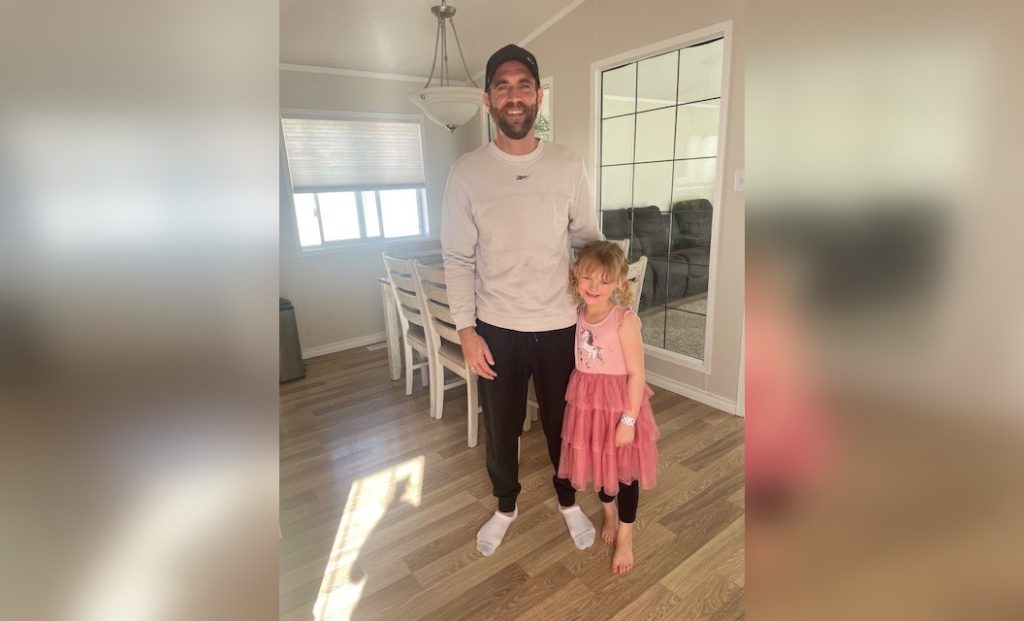Alberta continues to break records on opioid deaths, with 2023 averaging 4 per day: data

Posted Feb 25, 2024 11:33 am.
Last Updated Feb 25, 2024 11:34 am.
Four Albertans died from overdose every day on average in 2023, breaking the previous record set in 2021, according to data from the provincial government.
The data shows 1,706 people died in the first 11 months of the year. The data did not include December, so the total number is expected to climb.
April saw a record-breaking 185 deaths due to overdose, and in May 151 deaths were reported.
The previous record saw 1,634 people die in 2021. The province only began keeping track of opioid deaths in 2016.
Nationally, the Public Health Agency of Canada said drug overdoses killed an average of 23 people each day in 2023. More than 40,000 people have died from opioid-related deaths since 2016, which is when the federal agency began collecting such data.
The Alberta government has been moving toward a recovery-oriented model since it took office in 2019. It released a report in 2020 calling consumption sites in the province a “system of chaos.”
This led to the closure of multiple supervised consumption sites.
However, a research paper from the Canadian Journal of Public Health called it “pseudo-science.” It says the United Conservative-commissioned study is irredeemably flawed by bias against safe consumption sites, in which drug addicts can use illegal substances in a safe and supervised environment.
The report presupposed conclusions that consumption sites were harmful and selected evidence to reinforce that, the paper alleges. In addition, the government report was not peer-reviewed.
Alberta Premier Danielle Smith said during her election campaign she would enforce an act that would make treatment for those suffering from addiction mandatory, calling it the “Compassionate Intervention Act.”
The act would allow for a family member, doctor, psychologist, or police officer to make a petition to a specially appointed non-criminal judge to issue a treatment order.
The order would require a person to engage in treatment for their addiction and drug use to save their life and protect the safety of the community.
Following the election, Smith provided the Minister of Mental Health and Addictions Dan Williams with a mandate to create a “recovery-oriented Alberta model,” which would include the act.
The province says it drew inspiration from jurisdictions like Massachusetts, U.S., and Portugal for its Alberta model.
However, critics have called the Alberta model a “single-minded approach,” saying the legislation would infringe on the rights of those struggling with addiction.








